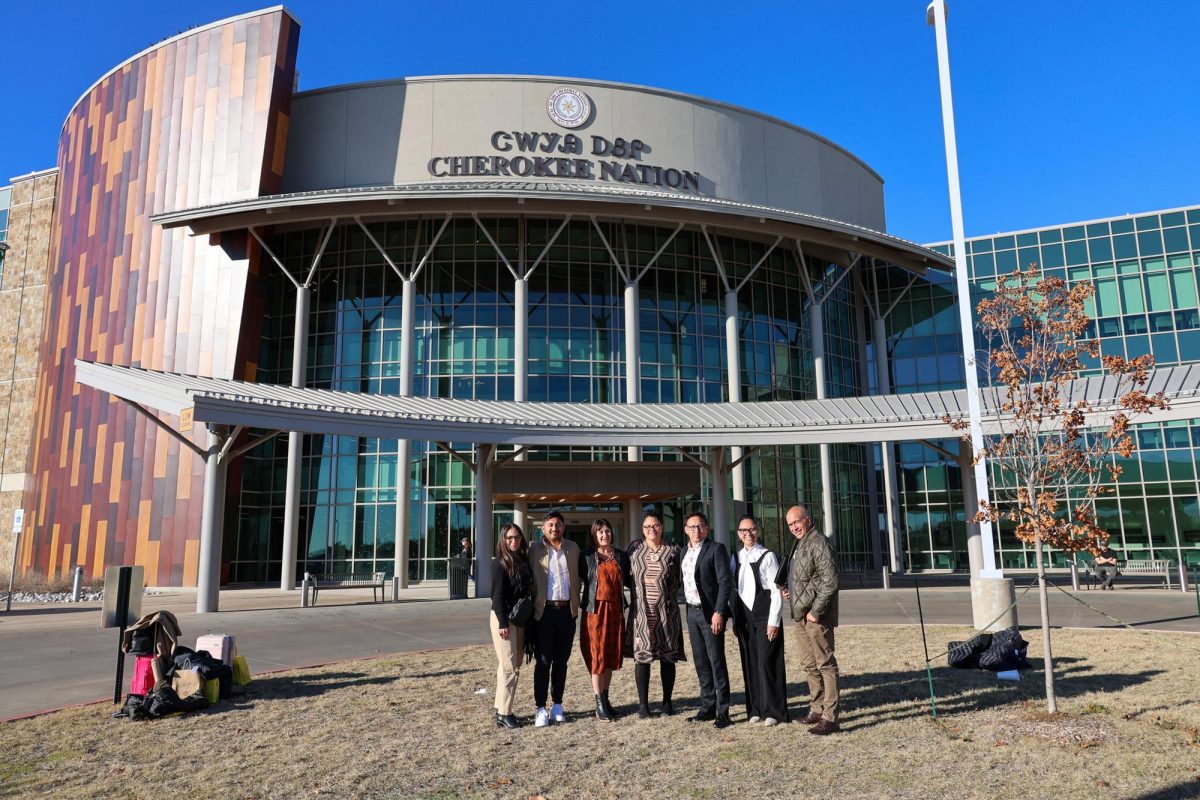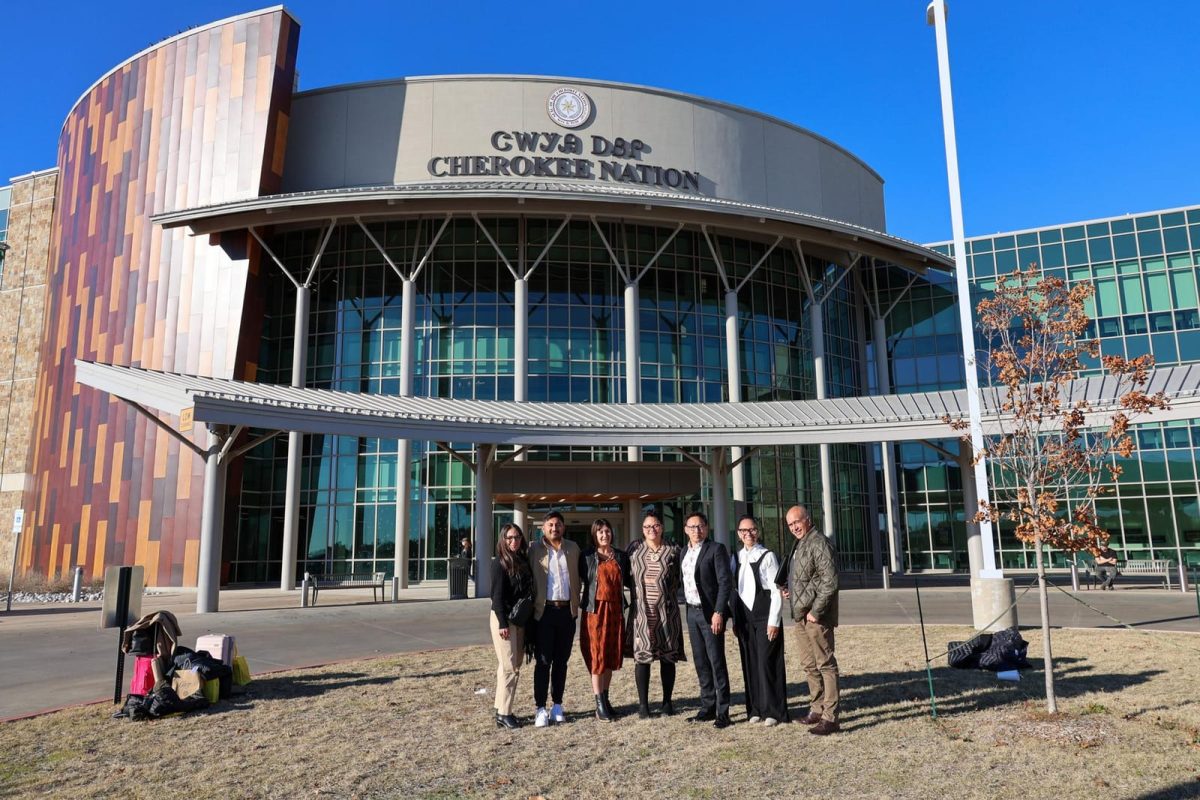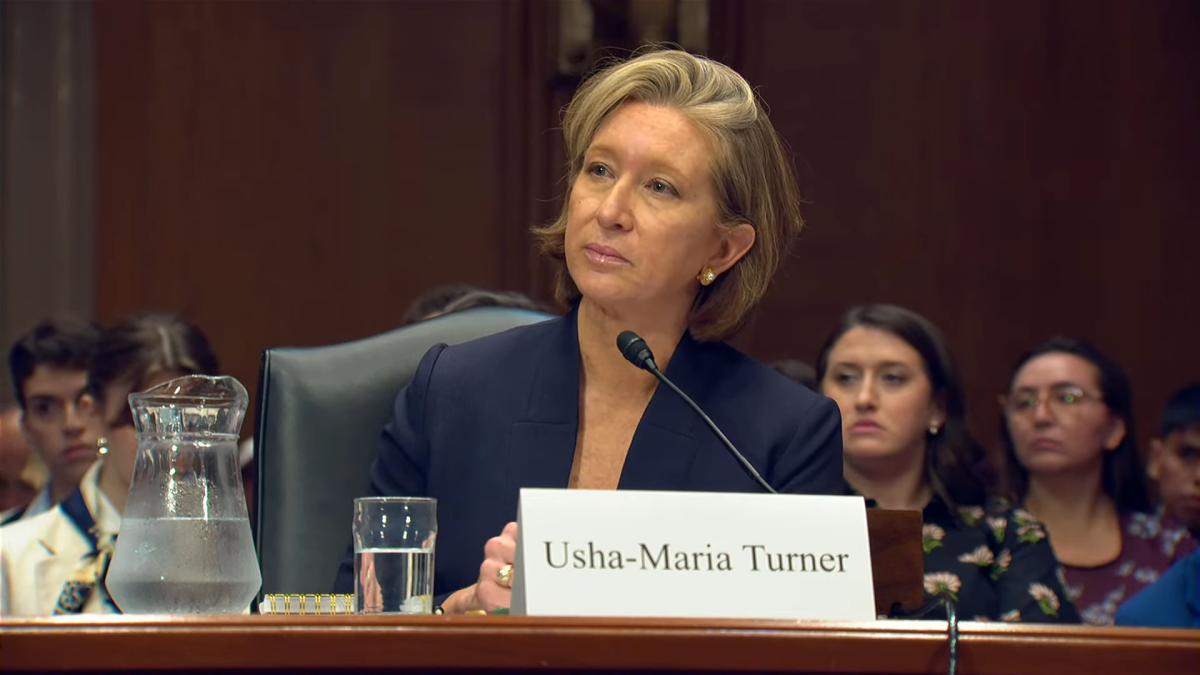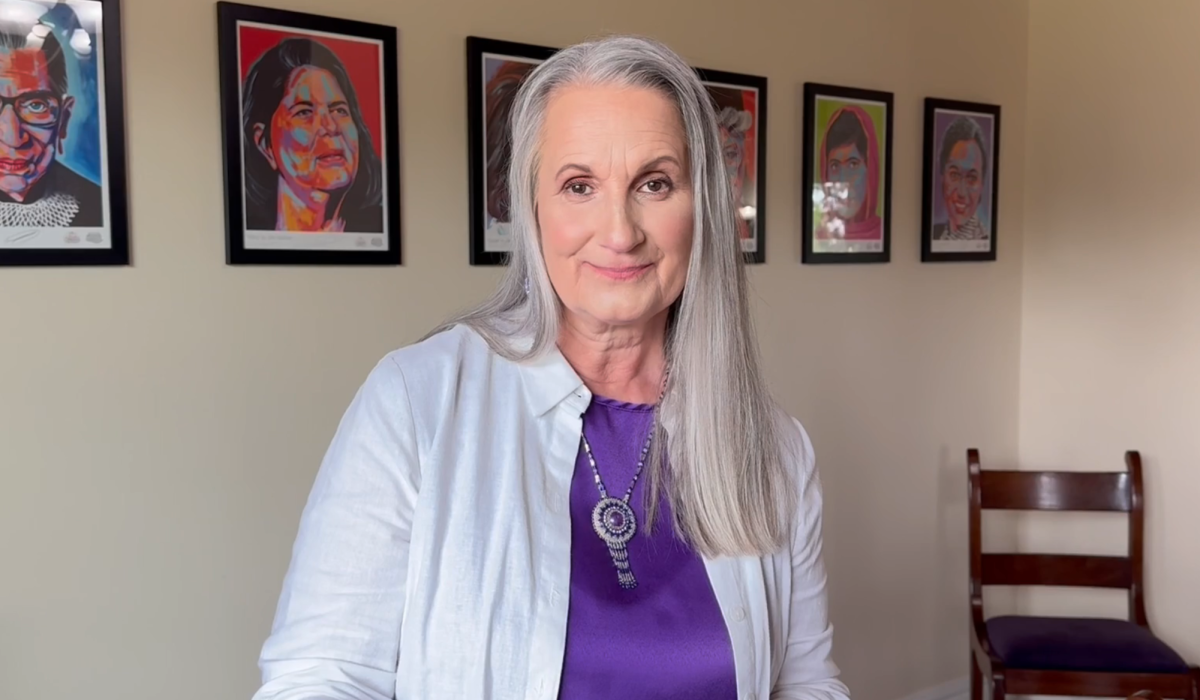WASHINGTON – U.S. Rep. Tom Cole (R, Moore), an enrolled member of the Chickasaw Nation, has spent 22 years in Congress fighting to protect tribal funding and says he won’t allow cuts to the Indian Health Service budget, even as the Trump administration moves to slash federal spending.
Cole, who is the chair of the House appropriations committee, joined the subcommittee on Interior, Environment and Related Agencies last week at the IHS budget hearing for 2026 in a show of support for the IHS program.
Lawmakers showed rare urgency where they pledged to block a Trump budget plan to cut advance appropriations- the funding that keeps tribal healthcare running during shutdowns.
The Trump administration’s fiscal 2026 budget request includes $8.1 billion for IHS. But the increased budget masks cuts to tribal health and removes advance appropriations for fiscal 2027- the first time since 2023 that the protection has been excluded from a budget proposal. Advance appropriations let the IHS plan ahead; securing next year’s funding now, so tribal healthcare isn’t left hanging if government funds grind to a halt.
“Great progress has been made to provide tribes with the support and certainty they need; we won’t take that away,” Cole said while saying the funding is not where it needs to be and those advanced funds must be maintained.
He said that this budget is a nonpartisan issue that faces a bipartisan struggle.
In FY 2023, IHS spent $4,078 per registered American Indian/Alaska Native user, compared to a $13,493 national healthcare average. This does not come at a cost, however. Native patients often face delays, staff shortages and outdated infrastructure.
Lawmakers displayed their concerns over the cuts, like a proposed 87% reduction in sanitation facilities construction funding and its potential to address food insecurity- something that affects 1 out of 4 native families.
But the main concern of the committee and communities seemed to be advanced appropriations. Cole made clear that access to quality health care services, even in the case of situations like a government shutdown, is something that must be protected- adding that it could be more important now than ever.
Advance appropriations for the IHS were first authorized in FY 2023, after decades of advocacy. The committee said those will not be going away, as proposed in the budget.
Increasingly, tribes are seeking to take control of healthcare. Currently 60% of IHS funds are managed and operated through the Indian Self-Determination and Education Assistance Act.
“It was obvious talking to tribal members how proud they are of the services that they’re providing for their own people,” said Rep. Celeste Malloy (R, Utah), referring to an April field hearing on tribal issues in Oklahoma, where she heard directly from tribal members about tribally run healthcare systems.
Even while actively opposing some of the administration’s cuts, Benjamin Smith, acting director of IHS, added that the initiatives align with the Make America Healthy Again focus on personal responsibility, community resilience and long-term cost containment.
“Beyond chronic disease prevention, IHS continues to provide essential behavioral health services, including combating substance use disorders through medication-assisted treatment, and promoting nutrition and physical activity,” he said.
The National Indian Health Board and other advocacy organizations are pushing for advance appropriations for IHS, increased funding for essential tribal health programs and preservation of specialized tribal initiatives that are being threatened due to the current administration.
“So long as Congress continues providing discretionary funding for IHS, I will continue to advocate for increased funding and support to ensure Tribal communities are not at risk of losing their health care – especially in the case of a government shutdown,” Cole said.
Gaylord News is a reporting project of the University of Oklahoma Gaylord College of Journalism and Mass Communication. For more stories by Gaylord News, go to GaylordNews.net.








